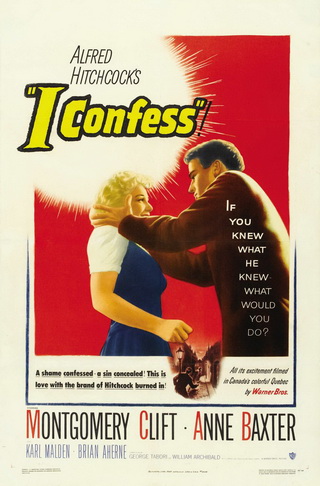In Lieu Of A Hook- In
Defense Of One Woman Vigilantism-Frances McDormand’s “Three Billboards Outside
Ebbing, Missouri” (2017)-A Film Review
DVD Review
By Laura Perkins
Three Billboards Outside
Ebbing, Missouri, starring Frances McDormand, Woody Harrelson, Sam Rockwell, 2017
I frankly don’t know
what to make of this film Three
Billboards Outside Ebbing, Missouri which I do know rightfully won Oscars
for two of the actors in this effort. One for the righteous Frances McDormand
as Mildred Hayes and the other as supporting actor Sam Rockwell as Jason Dixon.
My quandary though is about what the cluster of themes are supposed to
represent. What that means in “film speak,” in what I mentioned in one recent
film review piggy-backing off of long time film critic and my longtime
companion, Sam Lowell, is that I don’t have a “hook,” something to turn this
review on. Sam’s safety valve suggestion which mainly is good for older films,
black and white films from the 1940s and 1950s which he made his reputation on,
wrote what many until recently anyway considered the definite classic on the
genre, is to take on the “American slice of life” aspect when all else fails or
you are stuck.
I am not sure though in
this case this film tells us much about contemporary America, at least anything
that you can put a hook into. A suggestion that this film is the current
classically fashionable “fight” between the Eastern intelligentsia and the
redneck backwoods “good old boys and girls” who sense of justice and political
correctness are worlds apart seems snarky. A cinematic replay of the 2016 American
presidential campaign, interfered with or not, doesn’t put this round peg in
the square. Moreover, the way the whole political correctness aspects play out
makes me believe (and Sam too when I asked for candid and serious advice) that
the producers have missed out on the Occupy Movement, more importantly what #Me
Too stands for, and most decisive of all is that it is clueless about race,
about what Black Lives Matter which after all started in real Ferguson,
Missouri and either they didn’t hear the news or were more comfortable with
stale old clichés about the matter. I make no pretense to have the pulse of the
racial question right in this country but if I knew that when I was making a
film like this I would not flaunt that ignorance straight up.
Maybe it is best to lay
out the storyline and let the emotions wrought by the situation stand in for a
hook. I don’t like the idea but I also don’t like the aforementioned slice of
life pitch either. Mildred, played by McDormand, is the bereft mother of a
raped and murdered teenage daughter by person, or persons unknown. Also in the mix
the ditched wife of a wife-beater husband and devotee of intergenerational sex
having copped a holy goof nineteen- year old girlfriend after ditching Mildred in
a fit of his 27th mid-life crisis. Mildred is far from over the
grief of losing that daughter and the local police’s seeming readiness to throw
the case deep into in the cold files. Down the road from her house are the
three billboards of the rather inelegant and unfashionable film title and she
decides to move things off of dead center by renting the long unused signs to
shame/egg on/belittle the efforts to find her daughter’s murderer.
Needless to say the
cops, especially top cop Willoughby, played by Woody Harrelson, and one of his
young deputies, a wacko cop, Jason Dixon, played by Sam Rockwell did not like
this aspersion on their commitment to solving this or any crime. The
townspeople in general back them up on this and so stoic and determined Mildred
stands essentially alone in seeking some rough justice in this wicked old world
for her beloved and mourned daughter. To add fuel to the fire (no pun as will
be mentioned shortly) Willoughby is dying of cancer and before the whole deal
had gone down commits suicide which some contend Mildred’s seemingly unwarranted
campaign had a hand in. With the top cop’s death Jason goes into overdrive
first crashing and trashing everything in sight and then when he is fired by
the new sheriff in town, a black man no less, he get’s “religion” about what a cop is supposed to, and not
supposed to do.
Meanwhile Mildred still
on a rampage turns into a one woman guerilla unit firebombing the police
headquarters not knowing that Jason was inside. He got out but had severe burns
over a good part of his body. Guys like Jason though never get a break, whether
the deserve one or not, and when he does try to solve the case after hearing a
random bar conversation which might be related to the daughter’s murder and
collects DNA surreptitiously from the suspect it turns out there was no match.
Which leaves Mildred and Jason now confederates on that so-called suspect’s
trail as over-the-top vigilantes.
See what I mean about
where the hook is despite the two excellent acting jobs. In the end though
maybe the query of the title of this review can stand in-in defense of one
woman vigilantism. Hope that will do.



